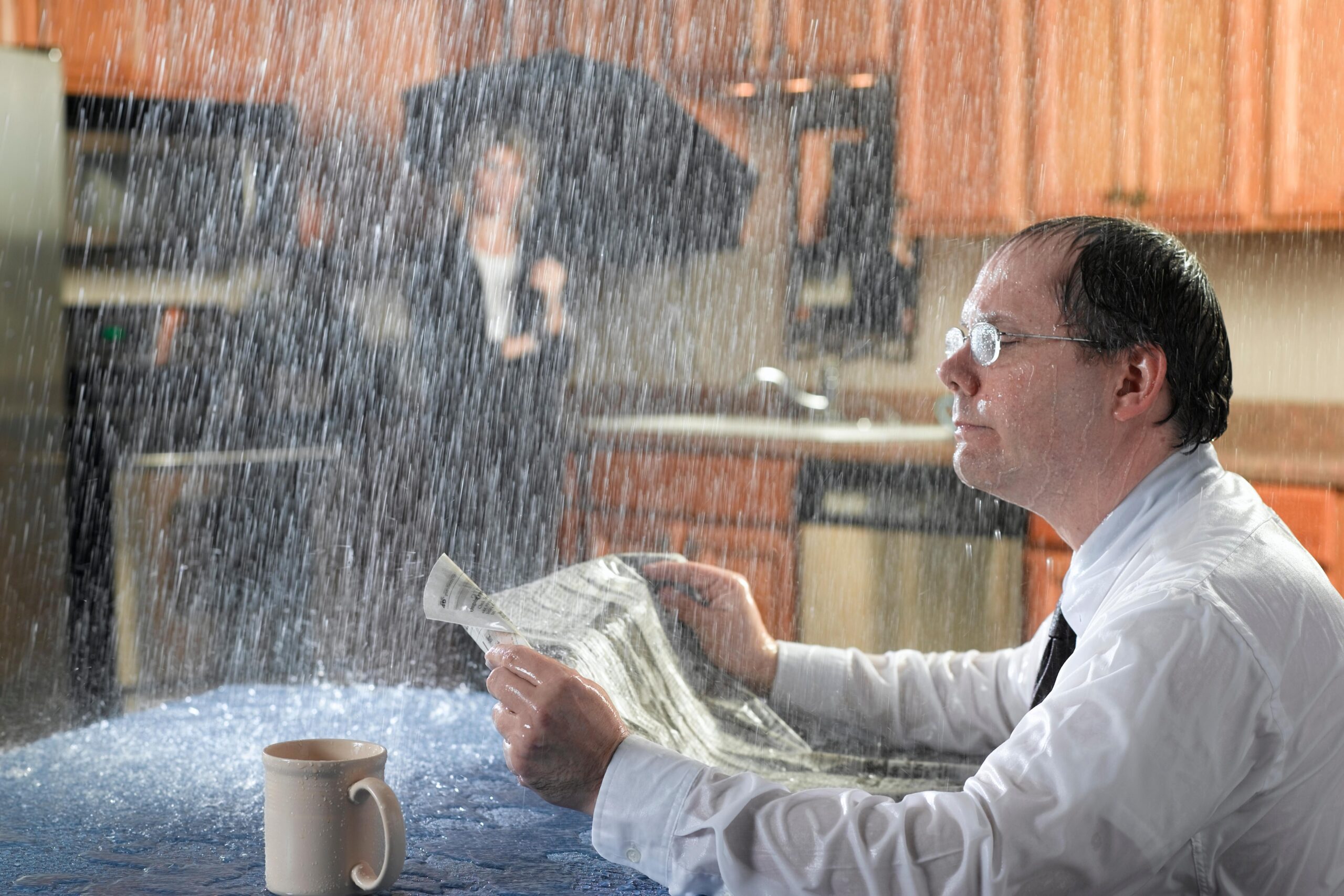Picture the scene… you receive a call from a tenant who informs you that your rental property has burst pipes and water is flooding not just into the flat but downstairs also. To make matters worse, your tenant has slipped on the wet floor and broken their arm! Is this an apt moment to dig out your insurance policy? To answer the question: ‘do I need landlord insurance’, the following read is for you.
Do I need Landlord Insurance?
To get straight to the point of do you need landlord insurance, the answer is… it depends. While landlord insurance cover is not legally required, renting property without it will obviously bring significant risks for financial loss and also for costly legal battles. Attempting to obtain a Buy-to-Let property without landlord insurance can present a large hurdle though.
If you are buying properties with specialist Buy-to-Let mortgage lending, you may run into problems without the right insurance. It is common for Buy-to-Let mortgage lenders to require specialist insurance as part of the conditions of the mortgage offer. This means – no insurance, no mortgage. It will be important to get the right product for your needs.
What is Landlord Insurance?
Landlord insurance is specialist insurance cover designed specifically for landlords and caters for their needs. You will find that standard home insurance will not cover either your building or its contents if you are renting the property to tenants, so do not find this out this hard way! Landlord insurance does offer different levels of cover over and above simply buildings and contents, so let’s take a look at your options..
Landlord Buildings Cover
This is obviously the big one as in the unfortunate situation that something catastrophic happens to your property, the costs to repair or rebuild could exceed the value of the building. So while this is not legally required, it would be foolish to not insure the building from the very moment ownership is confirmed.
Damage could occur from flood or fire, malicious damage or accidental damage, so it may be worth considering accidental damage cover for peace of mind. In simple terms, buildings insurance will cover anything that would not fall out if you tipped the building upside-down.
If anything serious did happen to your property, the question arises – where will your tenants live until the property is returned to a habitable state? Some policies will include Alternative Accommodation Cover which can provide accommodation for your tenants if they need to move out due to a structural defect or damage.
Landlord Contents Insurance
If you did turn the building on its head, whatever would fall out would need to be insured under contents insurance. For landlords this will be dependent on if the rental property is furnished or unfurnished so will be of greater concern to those operating Serviced Accommodation such as Holiday Lets. Any belongings within the property that are owned by the tenant will need to be insured under their own policy, if they so desire.
There are a number of optional extras available that can be included in landlord insurance that may be worthwhile considering or at least seeing if they are included in your policy.
Property Owners Liability Insurance
Liability insurance for landlords can bring an additional layer of peace of mind. Even though you have taken great care in making your rental property as safe as possible, accidents still can and do happen. In addition, the no-win-no-fee mentality has increased the risk of false claims being made.
A claim could be made against you for all manner of defects and the Defective Premises Act 1972 outlines certain duties of care for landlords. Accidents could be caused by damaged floorboards, worn carpets, loose plaster or a poorly maintained shower, so it is always important to maintain your properties to a high standard.
Rent Guarantee Insurance
Some landlord insurance policies will offer a Rent Guarantee, which as the name suggests, will cover your loss of rental income should the property be empty for a period of time. Obviously terms and conditions will apply but it could be worth considering, especially if your are investing in Serviced Accommodation, where political and economic events can have a large impact on your business.
Home Emergency Cover
Another optional extra is Home Emergency Cover which will cover the costs of emergency repairs, such as fixing a burst pipe, repairing a broken window or attending to a faulty boiler. Being a great landlord involves making sure your tenants have a safe, warm and functional property they can call home. Therefore, any emergency issues should be dealt with swiftly, which may otherwise be difficult if you live a few hours away.
Peace of Mind
Every property is different and will bring its own requirements from a landlord insurance perspective. How ‘covered’ you wish to be will also be dependent on you personal circumstances and your view of risks. At the bare minimum, it is recommended to have a good landlord buildings insurance policy in place. Just make sure it is landlord specific and is not standard home insurance.
On this note, pay particular attention to the small print, especially if you are investing in Serviced Accommodation. Cover during situations such as travel restrictions and lockdowns can be vague from the perspective of the provider, so make sure the limitations of your policy are clearly stated and understood from the outset.






Leave A Comment